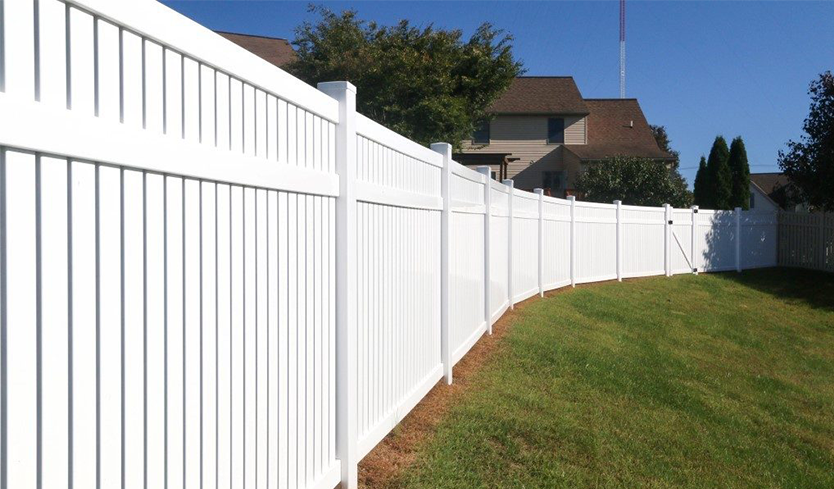The IRS Will Allow Tax Credits For Certain Home Improvements
Install A New Water Heater, Get IRS Tax Credit
Heating hot water in your home costs a lot of money, and can account for up to 25% of your electric or gas bill. Installing a new, efficient water heater can save you a lot of money over time. A water heater that qualifies for Energy Star certification can be eligible for a tax credit of up to $300.
To the IRS, home improvements are considered as personal expenses. You are not allowed to claim these expenses as tax deductions. However, if you are installing or making a health-related home improvement, the IRS often allows you to claim back these costs as medical expenses. You also qualify for tax credits when you install certain qualifying energy-efficient home improvements.
Energy Star Lists Energy-Saving Equipment Which Qualifies For IRS Tax Credit
According to EnergyStar.gov, the IRS allows tax breaks for qualified improvements in five categories, one of them being non-solar water heaters. These water heaters may be powered by gas, propane or electricity, and includes tankless water heaters. The tax credits are available only when you make qualified improvements to your primary residence located in the USA, and will expire at the end of this year. To qualify for a federal tax credit in 2014 for a new water heater installed in your home, the equipment must have been installed in your home by Dec. 31, 2013.
Items that qualify include windows, doors, metal roofs, insulation, air conditioning, tankless water heaters, cars, solar water heating, solar power, and fuel cells. Check with EnergyStar for further details.
Additional Tax Breaks Are Available For Other Qualified Home Improvement
You can also get a credit on your taxes of up to $500 if you made certain qualified improvements to your home which increase your home’s energy efficiency. A tax credit is defined as money taken off the amount a taxpayer owes the IRS. The tax credit is usually 10%, up to a total of $500, for buying and installing certain products such as a new water heater, central air conditioner, insulation, windows or roof.
Under the old tax law, homeowners could claim a tax credit limited to just 10 percent of the cost of the upgrade, up to a maximum of $500. Under the new tax law, taxpayers who spend $800 on a new, efficient water heater, $1,000 on insulation, and $2,000 on windows could reduce their 2013 tax bill by $1,140. For more information, see IRS Form 5695, Residential Energy Credits.
The residential energy property credit is non refundable. A non-refundable tax credit allows taxpayers to lower their tax liability to zero, but not below zero.
Free Help With Your Tax Return
The IRS has several places for taxpayers to get free help preparing their tax returns. The Volunteer Income Tax Assistance (VITA) program provides assistance to people with low income, the elderly, disabled people, and taxpayers with limited English proficiency. The Tax Counseling for the Elderly (TCE) program helps taxpayers aged 60 years and older with their tax returns. Most VITA and TCE sites offer free electronic filing and the IRS-certified volunteers will give you details about which credits and deductions are allowable in your particular case. Also, some VITA and TCE sites allow taxpayers to prepare their own return with help from an IRS-certified volunteer.
To find the nearest VITA or TCE site, use the VITA Locator Tool on IRS.gov, or call 1800-906-9887.
* Please consult with a professional tax adviser, accountant or attorney for more information on taxes and tax credits.
* Saville Katz is Director of Content Creation and Syndication for Mr. Speedy Plumbing & Rooter Inc.







